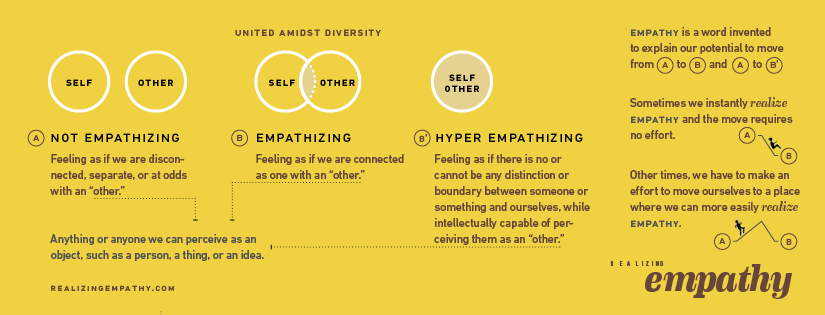One of the most profound things
I learned in art school,
is that we can learn
to physically see the world
differently.
To draw from observation,
I had to look at objects
and learn to see light
instead of objects.
To make a poster,
I had to look at a piece of paper
and learn to see a deeply 3-dimensional space
through the surface of the paper.
To sculpt figures,
I had to look at a naked person
and learn to see their muscles & skeletons
hidden underneath their skin.
To learn to act,
I had to learn to see myself in the character
in between the words written in the script.
In each of these cases,
I’d say “Oh, I see…,”
and that change of sight
would profoundly shift my mind,
which then naturally shifted my behavior.
It is no coincidence,
that the professors I admired in school
never bothered to change my behavior.
They merely helped me see differently,
after which a change in behavior
was inevitable.
